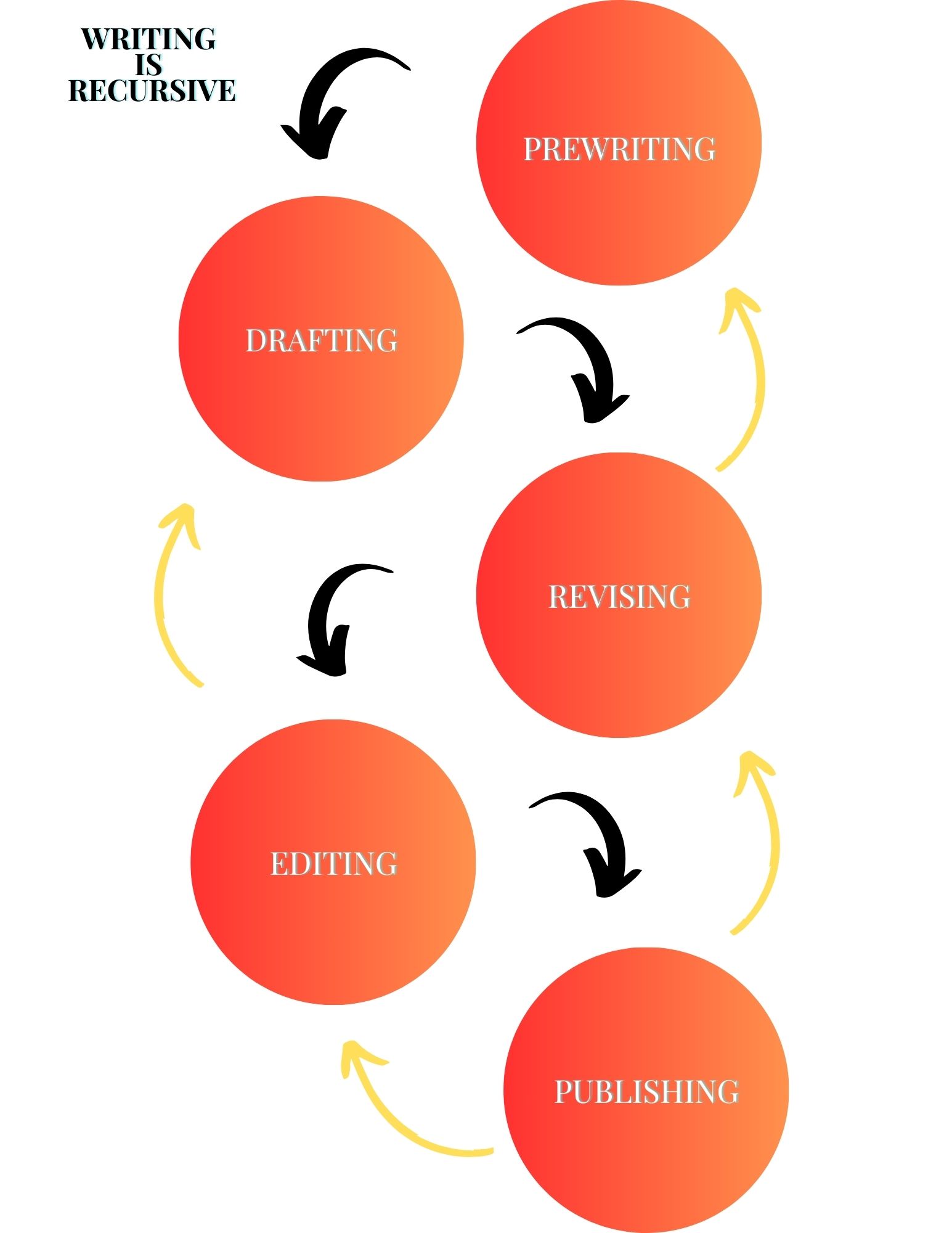I recently came into contact with a collection of the greatest short stories of all time (the book makes this claim, I swear), and the very first story is The Garden Party by Katherine Mansfield, so I thought I would discuss it a little bit for today’s post (I encourage you to find a copy and read it first!)
Background
The Garden Party was written in 1922 by Katherine Mansfield and was first published in the Saturday Westminster Gazette in three parts. Mansfield was a socially graced girl from a good household and this short story shows that experience (especially her fortunate childhood), but it’s also much deeper than just superficial aristocracy.
About the story
Laura, the protagonist, sets about preparing for a fancy garden party and occasionally looks to the workers in reverence because she feels connected to them.
“Four men in their shirt-sleeves stood grouped together on the garden path. They carried staves covered with rolls of canvas, and they had big tool-bags slung on their backs. They looked impressive. Laura wished now that she had not got the bread-and-butter, but there was nowhere to put it, and she couldn’t possibly throw it away.”
(The Garden Party)
Even though there is an extravagant event being put together, and Laura’s own rich lifestyle are presented, she mourns the passing of a neighbor who was from a working-class background.
She is told that a man has been killed outside of their home in a car accident and Laura drags her sister into the kitchen to discuss how she will stop the party. Her sister, Jose, confused, doesn’t quite understand what Laura is getting at in her hysteria.
“Stop everything, Laura!” cried Jose in astonishment. “What do you mean?”
“Stop the garden-party, of course.” Why did Jose pretend?
But Jose was still more amazed. “Stop the garden-party? My dear Laura, don’t be so absurd. Of course we can’t do anything of the kind. Nobody expects us to. Don’t be so extravagant.”
“But we can’t possibly have a garden-party with a man dead just outside the front gate.”
(The Garden Party)
After visiting his home, she sees the body of her dead neighbor and is overcome by the experience while likening the the man’s peaceful expression to that of somebody in a deep “fast asleep,” and dosing so intensely that he was “far, far away from them both” in the real world.
“Oh, so remote, so peaceful. He was dreaming. Never wake him up again. His head was sunk in the pillow, his eyes were closed; they were blind under the closed eyelids. He was given up to his dream.”
(The Garden Party)
After departing the home of the deceased, Laura is pulled from her visions of returning to the garden party and instead grapples with mortality while walking home with her brother.
Themes and opinion
Mansfield’s story discusses multiple themes, including life and death, socioeconomic concerns, and the reality of death. They are all fairly clear while reading, as the reader gets a good sense that Laura is living in a near fantastical life due to her family’s wealth.
And, in my opinion, The Garden Party excels at these themes by providing the reader a window into this (often overtly richy-rich) atmosphere and dragging them back down into the reality of the world after Laura has a dark epiphany about life and death.
If it has been a while since you have read it—I highly recommend another read.







